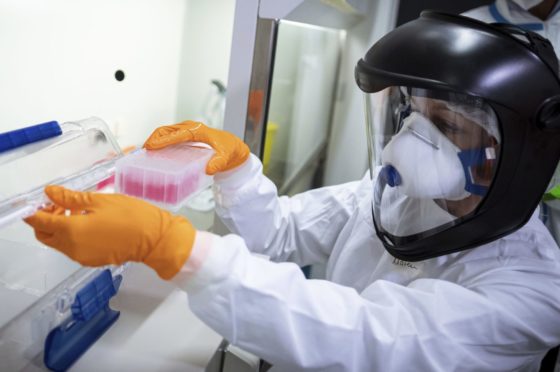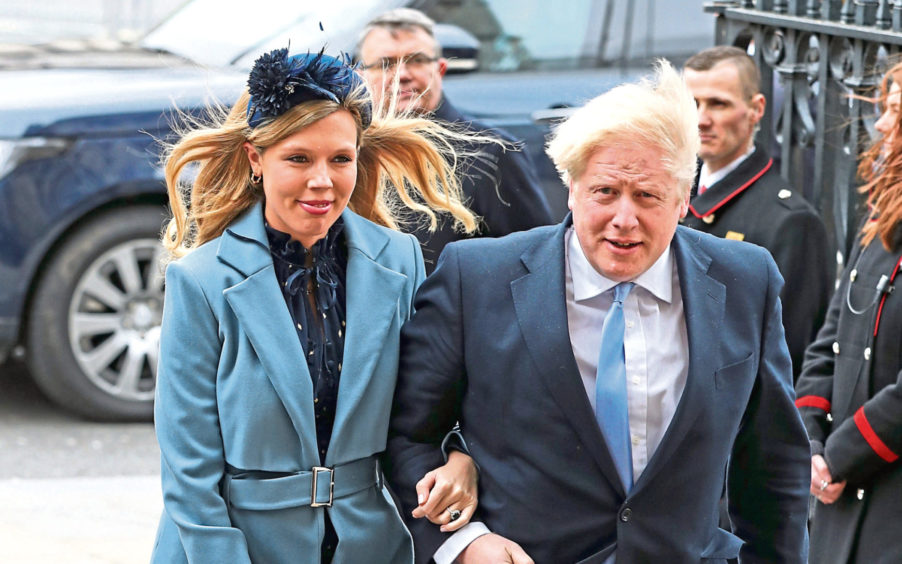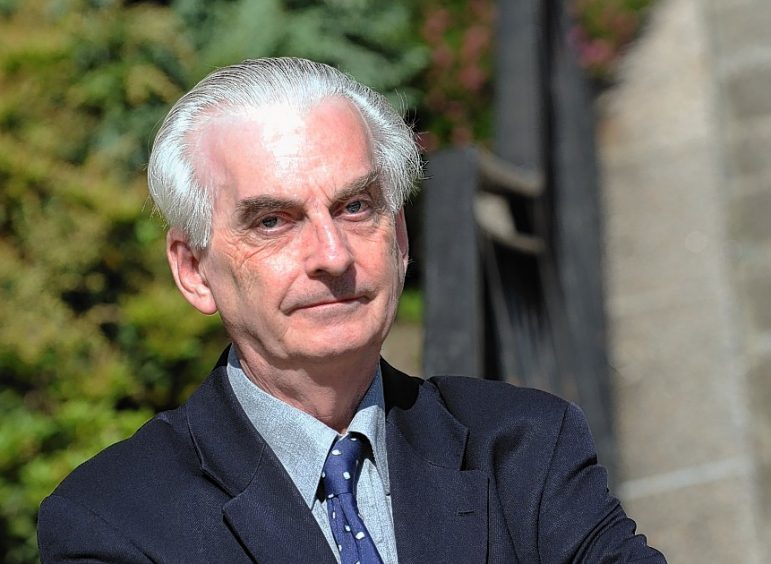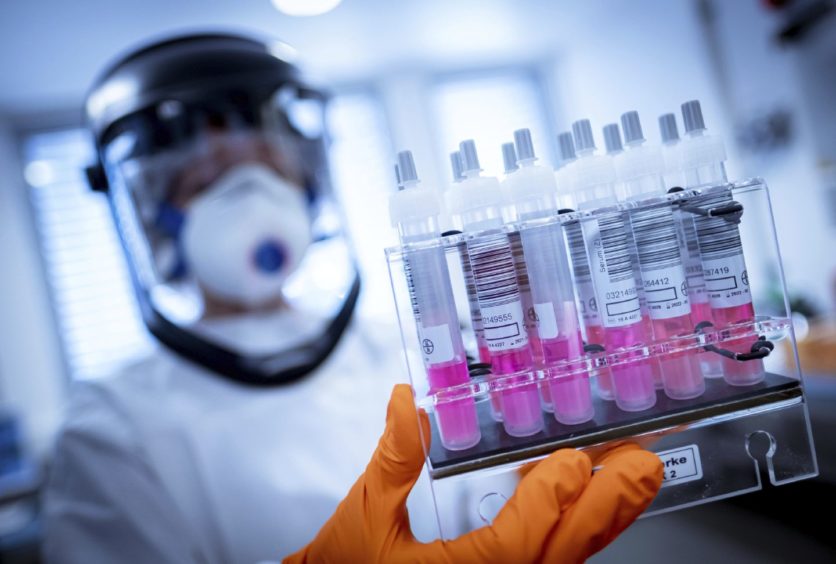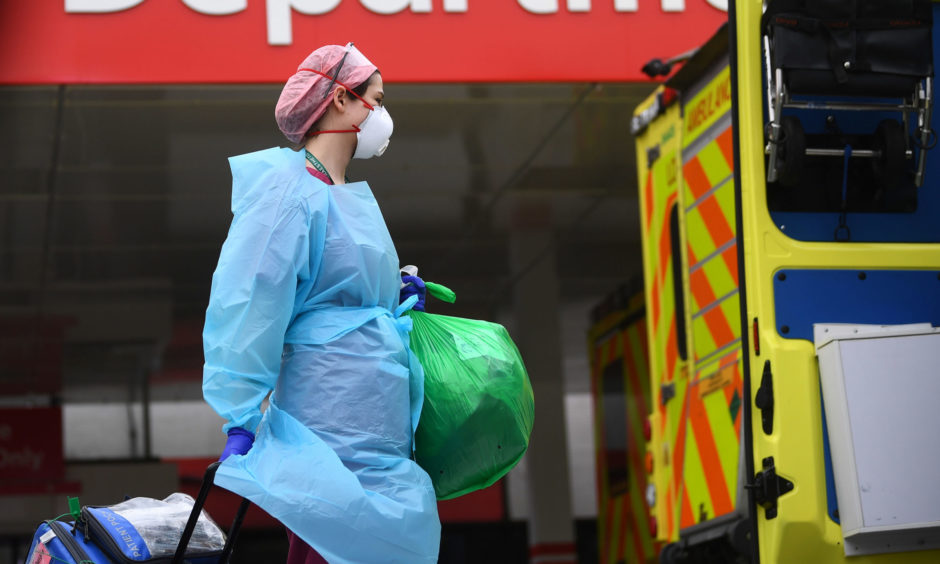A devastating second peak of coronavirus cases this year is “very unlikely”, according to Professor Hugh Pennington.
The renowned microbiologist suggested to Holyrood’s health committee on Tuesday that fears a fresh wave of deaths could hit Britain in the autumn or winter were based on the mistaken assumption that the coronavirus acts in the same way as influenza.
I haven’t seen any evidence to support the idea that there would be a second peak of the virus.”
Prof Pennington said it was a consequence of contingency planning that had been too focused on responding to a flu pandemic.
Giving evidence to MSPs via video link on Tuesday, the expert said governments had made a “policy error” by moving away from testing and tracing too soon, and he suggested a failure to keep it out of care homes had meant the rate of infection in such facilities could now be as high as 10 times more than in the community.
Prime Minister Boris Johnson and many experts have warned this week of the risk of a “second peak” in cases and deaths if the country exits lockdown too soon.
But, when asked if such a second wave was inevitable, Prof Pennington said: “No, I’m not sure where this ‘second peak’ idea comes from.
“Except, well, I know where it comes from, it comes from flu. Because when we have a flu pandemic we always get a second peak, and sometimes we get a third peak.
“Now, why we should get one with this virus, I don’t quite understand.
“It just seems to be a phenomenon with flu, and I don’t see any reason myself, and I haven’t seen any evidence to support the idea that there would be a second peak of the virus.”
Pandemic contingency plans had often focused on a deadly flu outbreak, and Prof Pennington believed that was fuelling fears of a second wave.
“It’s something that I think is a hangover from the flu pandemic planning,” he said.
“I think what we’ll get is, rather than a second peak, is the virus dribbling on, maybe there will be local instances where the virus will take off, and so on.
We haven’t had a second wave in countries that have managed to control the virus, so why should we have one?”
“We haven’t had a second wave in countries that have managed to control the virus, so why should we have one?
“I may be wrong, there may be a second wave, but I think it’s very unlikely that there will be a second wave.”
Prof Pennington, who was chair of bacteriology at Aberdeen University from 1979 until his retirement with emeritus status in 2003, also suggested that many experts had been mistaken in raising hopes that production of an antibody test, which would tell someone if they had previously had the virus, would be a significant step forward.
“I’ve always seen the antibody testing as something where, yes, we can evaluate what has happened, we can find out where the virus was, but basically I think to put so much emphasis on it was not quite right,” he told the MSPs.
“It was seen as the Holy Grail, it was seen as a sort of game-changer. I don’t think it was ever going to be a game-changer.
“Even if those people were right, the fact we’ve had so much difficulty in developing one means it isn’t going to be a game-changer.
“Also, people doing tests at home, well, who is going to collect the information? It doesn’t really help.”
Amid demands already for a public inquiry into the response by government to the pandemic, the professor believes changes would need to be made.
“The lesson that we have to learn is that we have to better on our pandemic planning,” he said.
“We do have to have better stocks of PPE, for example. We do have to have better testing facilities to cope with a surge in capacity.”
He added: “Clearly we had a pandemic plan in place – in fact, for many years – but this has been directed against influenza, and, of course, while there are similarities, there are also big differences between Covid-19 and influenza.
“What have we done well? Once we have decided to do something, like, for example, the lockdown, I think that has been successful.
“But I think what we missed was not putting enough emphasis on testing.”
